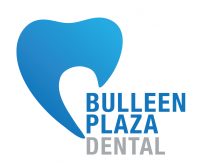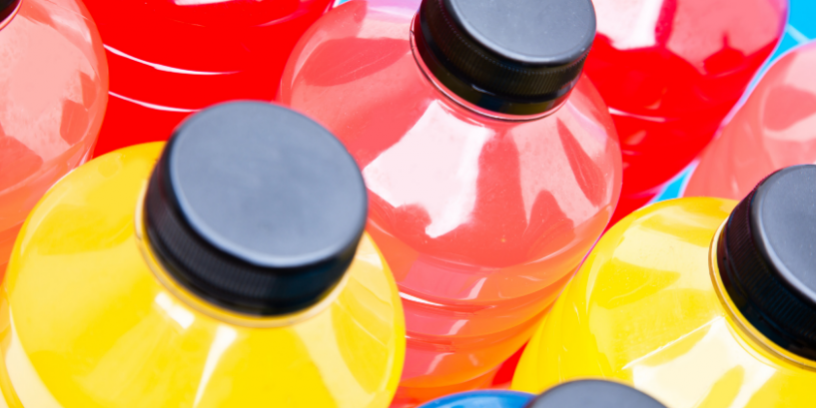Are Sports Drinks Good for Your Teeth?
If you’re a parent to a child that plays sport you’ve probably purchased quite a few sports drinks in their lifetime for them. After all, sports drinks are seen by many people as an indispensable part of playing sport and exercising. It’s tempting to choose one over a soda because you think it’s better for you.
But not so fast.
Did you know these drinks can have as much or more sugar and acid than many sodas and juices? In fact, chug them down too often, and you might wind up with cavities or other tooth damage.
Sugar, Sugar & More Sugar
Brands vary, but most sports drinks promise electrolytes like sodium and potassium. Your body loses them when you engage in high-intensity exercise, especially for longer than an hour.
They also offer energy-boosting carbohydrates, which typically come from ingredients like high fructose corn syrup and sucrose. A single 12-ounce bottle might have 21 grams of sugar. It’s less than a high-sugar soda, which could have 39 grams, but way more than water.
And that can be a bad thing when all that sugar meets streptococcus mutans, one of the more than 700 different types of bacteria that live in your mouth.
Some bacteria in your mouth protect your teeth and gums. Others help you digest food. But this one loves sugar. It feeds on the sweet stuff and creates acids that eat away at your teeth, meaning you may need to visit the dentists to get fillings.
Acid Trip
Here’s another problem. Many of these drinks have a high citric acid content. This flavor booster can extend the shelf life, which is good. But it can also strip the enamel from your teeth and make them more sensitive as well as more prone to cavities and decay.
Researchers look at pH levels, which measure the hydrogen ion concentration. Drinks with low pH are highly acidic. Sodas have a bad reputation for their acid content. But many sports drinks out there are their equal.
Consuming sports drinks and other energy products doesn’t automatically put you on the direct path to teeth destruction. Several other factors play a role, like your overall dental hygiene, your lifestyle, your saliva production, and your genes. Some people will always be more susceptible to dental issues than others.
So What’s The Alternative?
Water – yes, good old-fashioned, straight out of the tap water. It deals with the telltale signs of dehydration such as a dryness or acidic taste in the mouth and excessive sweating in no time flat, it’s free, and comes packed with fluoride that’s been proven to protect your teeth and reduce decay.
And it doesn’t come with any hard-to-read labels full of unpronounceable ingredients.







